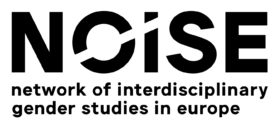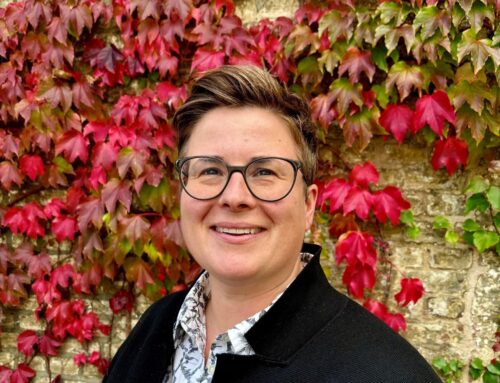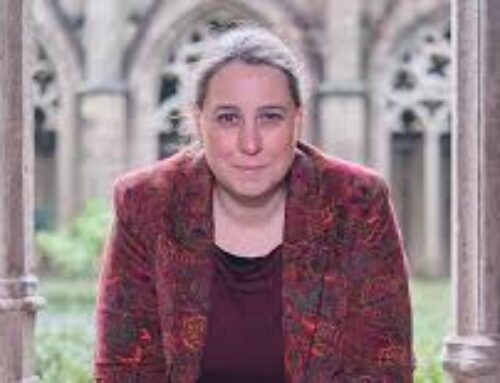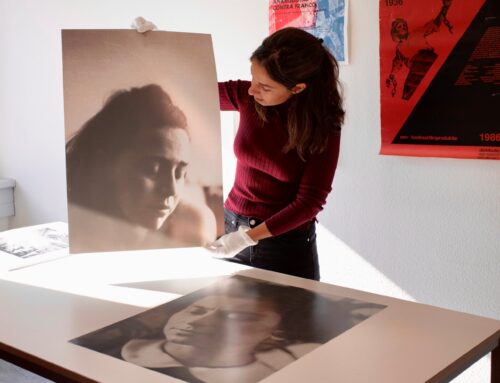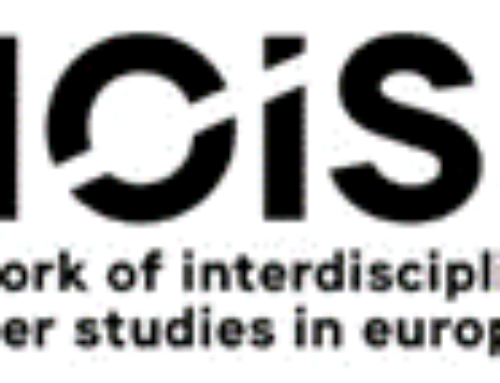Summer School 2023
Queer, Trans, Sexual Archives
Netherlands Research School of Gender Studies
28 August – 1 September 2023, Utrecht University, The Netherlands
- What makes an archive “queer” or “trans”? What practices of archival reading are being developed in Queer and Transgender Studies?
- How can queer, trans, sexual histories – from the archives of 1970s and 1980s sexual liberation movements, through archives of colonial sexual practices, to legal and medical archives productive of gender and sexual formations – help us navigate contemporary sexual politics?
- If we understand modern gender and sexual categories as effects of colonialism, are their non-normative and transgressive forms, such as transgender and queer, anticolonial or also colonial? How do archives shine light onto these questions?
- Sexuality as identity has been assumed (and archived) intersectionally alongside gender and race as sexual identities, but where does that put libidinal sexuality or unconscious desire which does not have discrete objects in the form of “identity”?
Twelve years after the first NOISE summer school devoted to lesbian and gay sexualities and Queer Studies in Europe, this year’s NOISE returns to the topic while engaging with key transformations in the study of sex, sexuality, and sexual politics. By now the field of Queer and Lesbian & Gay Studies has been reshaped by the emergence and consolidation of Transgender Studies and by an ongoing process of critical clarification (and transgression) of the boundaries between queer and trans. Is there any difference between Queer Studies and Transgender Studies? And how does each field engage with the study of sex and sexuality? Additionally, Queer and Transgender Studies have been increasingly rethinking their objects – gender, sex, sexuality – through the kaleidoscope of colonial histories and racial formations. In the past twenty years, queer and trans of color critiques and postcolonial/decolonial analyses have been moving, if precariously, from margin to center within the field. What are the effects of this shift on the theory and politics of sexuality?
These transformations have also been accompanied by a growing interest in complexifying the intellectual and political genealogies of Queer Studies and Transgender Studies. This has produced new engagements with archives of sex, sexuality, and sexual politics as well as queer and trans engagements with medical, colonial, and other archives haunted by sexual investments and productive of gender and sexual formations. The archive itself has emerged as a very heterogenous site of knowledge production – from traditional and “actually existing” archives to embodied, affective, and cultural archives. The fever to expand what the archive is, means, or constitutes parallels the many revisions in theorizing and field formation that now shape Queer and Transgender Studies. How might the desire to document, record, and archive queer, trans, sexual histories reveal the territorialization of academic fields and their identity investments? Do archiving and archival work restage the role played by processes of identification in administrating libidinal sexuality? If so, could archives shine new light on the ampersand (&) that simultaneously separates and collapses Queer and Transgender Studies?
This edition of the NOISE summer school will introduce students to key debates and interventions at the crossroads of these developments, paying particular attention to the relations between queer, trans, sexual archives, ongoing processes of field formation in Queer Studies and Transgender Studies, and contemporary sexual politics.
For more information see NOISE 2023


